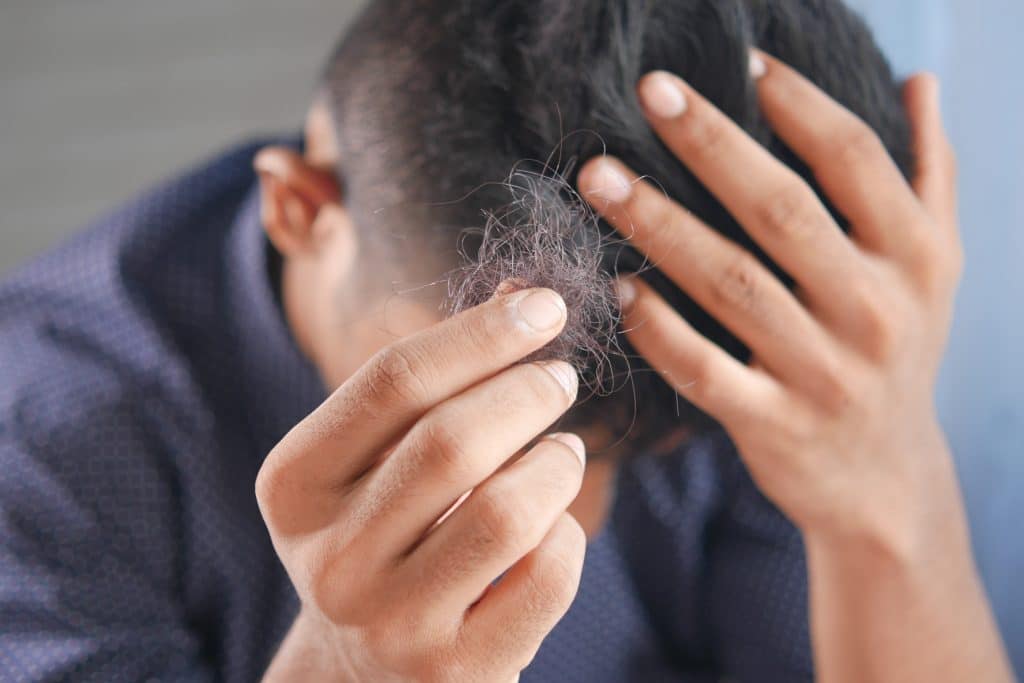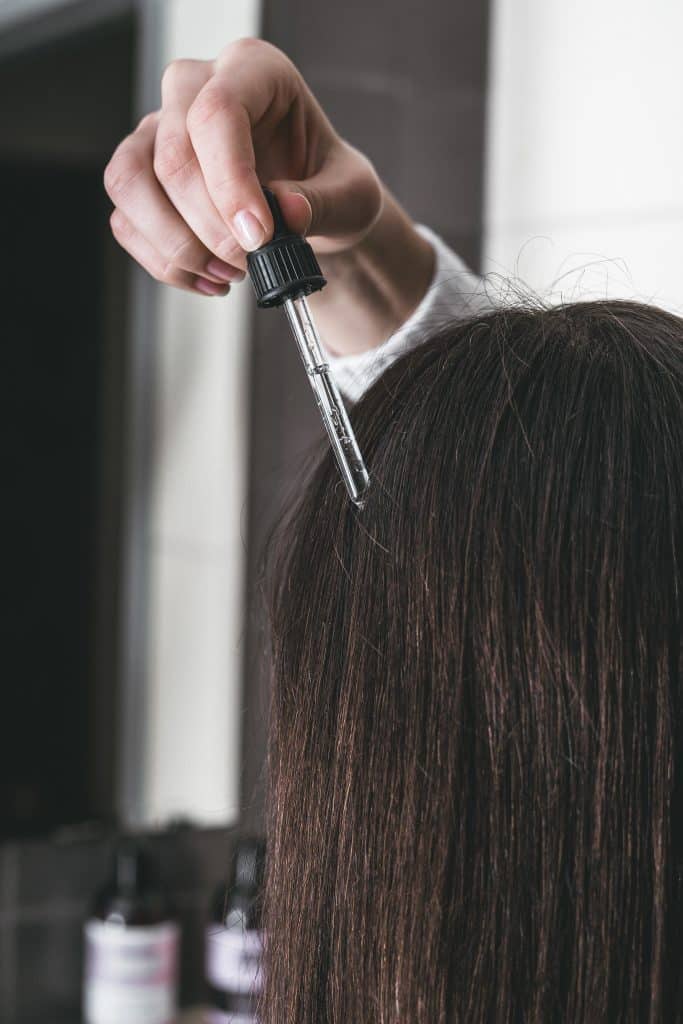Hair loss, or alopecia, can affect both the scalp and the entire body either temporarily or permanently. Loss of hair can be attributed to genetics, hormonal changes, medical conditions, and natural aging. Baldness is considered excessive hair loss from the scalp, with the most common cause of baldness being heredity thinning with age. Some people choose not to treat or hide thinning hair, while others use different hairstyles, hats, scarves, or makeup to cover it up.
The good news is that different treatments can help you enjoy fuller hair, prevent further follicle loss, and restore hair growth. The best way to determine why you are experiencing hair loss and arrive at the most effective treatment is to speak with your doctor or a dermatologist. Let’s look at the three most common causes:
Thyroid Issues

Hypothyroidism is an underactive thyroid, while hyperthyroidism is an overactive thyroid. Both of these can cause hair thinning due to hormonal imbalance. Hormones regulate almost every bodily function, including hair growth, hair loss and thyroid. Getting the right treatment for thyroid conditions gets hormones under control, stops follicle loss, and allows for new growth. Other hormonal imbalances also lead to follicle loss, such as the hormone fluctuations from pregnancy. Postpartum hair thinning is common around three months after childbirth. This is because it takes the body time to restore hormone levels to normal. Postpartum hair loss is temporary and improves as the body recovers.
Using the right hair care regimen can help improve the condition of your scalp and prevent breakage. Scalp oxidative stress is a known cause of daily hair thinning. Clinical research has shown that the right antioxidant blend of technologies can calm a stressed scalp, strengthen hair follicles at the roots, and reduce daily hair loss. KeepItAnchored‘s clinically proven blend contains antioxidants to reduce oxidative stress at the scalp, mineral zinc to improve the condition of scalp skin, and B-vitamins that support skin barrier health. KeepItAnchored’s Hair Anchor Blend pairs well with your existing shower regimens such as shampoo and leave-in conditioner. The sooner you start, the less hair you’ll lose.
Medications can Cause Hair Loss
Hair loss is a common side effect of many medications. Blood thinners, oral contraceptives, depression medications, NSAIDs, and beta and calcium channel blockers can all cause hair thinning or baldness. Certain cancer treatment drugs like chemotherapy are known to cause total hair loss. But once treatment ends, hair typically grows back. Poor nutrition can also result in follicle loss, thinning hair, patchiness, and baldness. Getting enough essential vitamins and nutrients from a well-balanced diet ensures your overall health.
Even with a well-balanced diet, getting sufficient vitamins and nutrients isn’t always easy. Many people use dietary supplements to support the body’s ability to optimally perform. NHC offers a wide selection of dietary supplements made of the highest quality ingredients that support overall health. Numedica supplements are designed to achieve physiological balance by supporting internal equilibrium regardless of external shifts or attacks. Their science-based formulas include immune system support, gluten sensitivity, healthy weight management, joint and muscle support, antioxidants, and more. Make sure to speak to a health care professional about taking supplements.

Physical Trauma or Emotional Stress
Enduring extreme physical stress isn’t healthy, and it can negatively affect your body. When your body experiences stress, the natural hair growth, and the resting cycle can be disrupted. This results in hair loss, thinner hair, and strands that fall out as clumps of hair. Any traumatic shock to the body, such as surgery, illness, an accident, or burns, can shock the hair follicles and cause your hair to fall out. Controlling stress helps stop temporary hair loss so that normal hair growth can continue.
Thyroid issues, medications, and stress are some of the common reasons for hair loss. The best way to reverse these effects and prevent future thinning is to speak with your doctor or dermatologist to determine the most effective treatment.














Leave a Reply